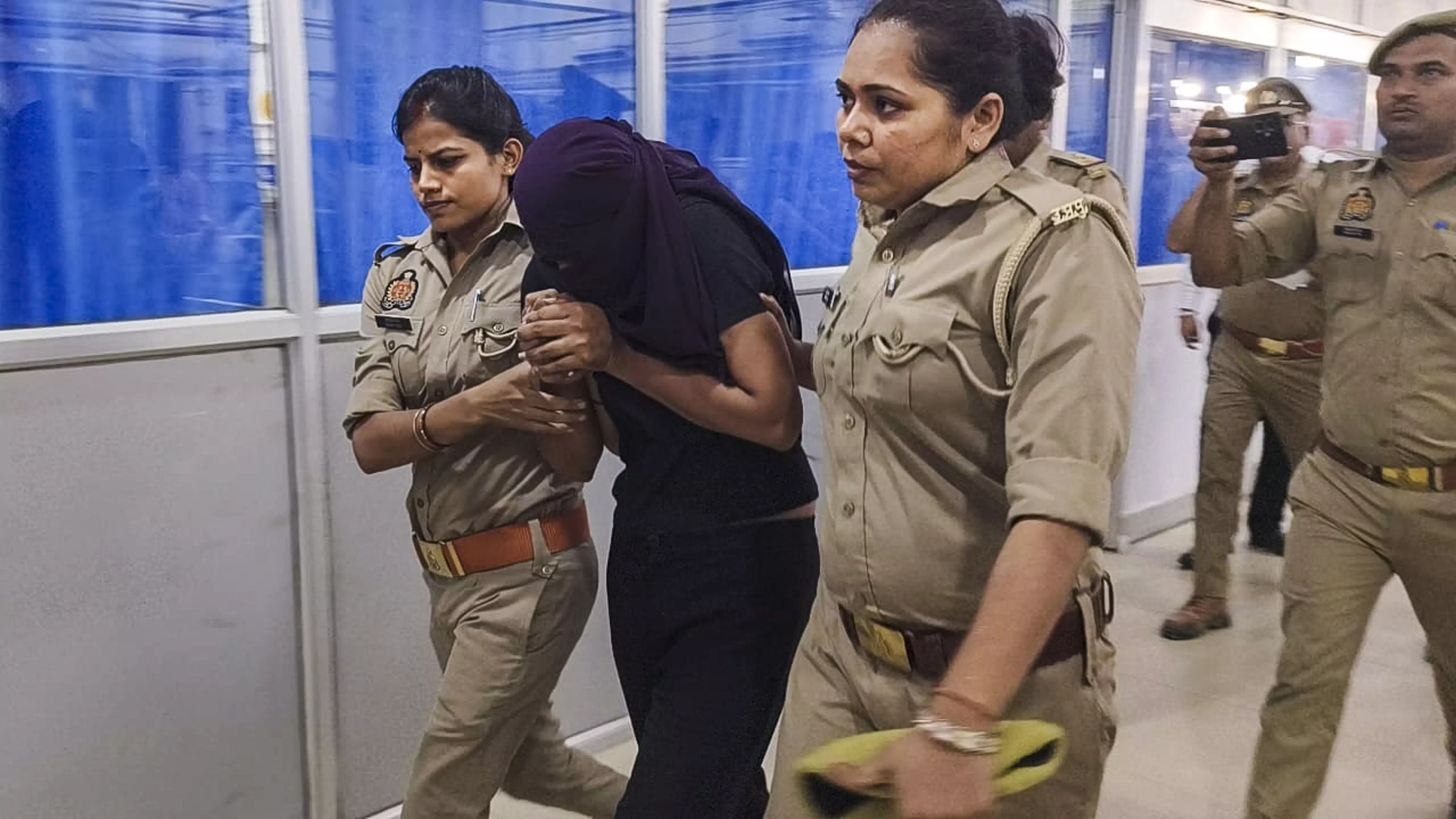Anita Anand | Honeymoon Murder Conspiracy: Society has Changed, Let’s Stop Forcing People to Wed!
In romantic relationships, the expectations are high, and if marriage is a possibility, both men and women often struggle to meet these expectations

In the past month, a horrific killing occurred in India. A newlywed couple went missing on their honeymoon in Meghalaya. The groom was found dead after a week, and his bride is suspected of planning and executing the murder.
According to reports, the bride had a romantic relationship with one of the men involved in the conspiracy. He worked in the family plywood business, and she knew that her father would disapprove of their relationship. After confessing to the conspiracy, the bride stated that she agreed to the marriage only because her father had a heart condition.
Emotional blackmail is prevalent in Indian families, and the threat of a parent’s or grandparent’s health, which could lead to death, often serves as a reason for marriage, particularly unwanted ones. Young people frequently hesitate to inform their families about being in a real or imagined relationship. By consenting to an unwelcome marriage to satisfy their elders, they may subsequently seek ways to dispose of their spouses, as divorce and separation are too complicated and somewhat socially unacceptable.
An imagined relationship occurs when people meet on dating apps and engage in predominantly virtual interaction, convincing themselves they are in love with one another.
Occasionally, they meet face-to-face or get to know each other, perceiving it as real.
Sometimes it is, and often it is not. Most young people have limited experience in relationships with the opposite sex, and their knowledge comes from social media and friends.
Murder is a crime. The National Crime Records Bureau (NCRB) reported in 2022 that India witnessed a total of 28,522 murder cases linked to nineteen distinct motives, with love, betrayal, deception, and extramarital affairs being the third and fourth leading causes of murder. Among the total murders, 2,821 are attributed to these relationship-related conflicts.
A relationship often spells conflict, whether between couples, parents and children, siblings, or friends. Expectations and misunderstandings frequently arise from a lack of emotional maturity and the skills needed to navigate relationships. In romantic relationships, the expectations are high, and if marriage is a possibility, both men and women often struggle to meet these expectations. This conflict arises because neither party has been adequately prepared for marital life.
In the past, people in India primarily lived in joint families. Once married, women were expected to move into their marital homes. This often led to friction and unhappiness for everyone involved. Little consideration was given to the fact that adult women might struggle to integrate into another family and adapt to their way of thinking and living. They had to subordinate themselves to the family they married into, as marriage involved the family rather than just the man. This remains true today in many families.
But we are living in the 21st century. Young people have been raised on mobile phones, the Internet, dating apps, and ideals of freedom and choice. Schools and colleges that were once strictly segregated are now co-educational. Workplaces have both genders working side by side. Young men and women have more opportunities to work and socialise together. So, what is wrong? Why is it hard for them to have peaceful and loving relationships?
One reason is that women have greater agency. In most cases, they are better educated than men, enabling them to work and earn a living. When seeking a marriage partner, they view themselves as equals, possessing rights and privileges similar to men’s. However, a catch exists: their socialisation remains traditional, even while they wish to choose their marriage partners. The approval of their parents lurks in the back of their minds.
Men, who have been socialised to believe they are the providers, often seek women who are educated, working, and modern partners -- but not too modern. Their families caution them against women who are overly independent, intelligent, and not focused on family. Men can feel insecure, thinking that if a woman agrees to be in a relationship with them, she might also have another partner, perhaps someone better than they are.
Both sexes are in a no-man’s land, trapped between modernity and tradition. Frustration, confusion, and heartbreak abound, and at times, there is violence and death.
Modernity, however, is an attitude. Since the 1990s, the Indian economy has opened up, and the country has become part of the global economy. With access to international media and products, young Indians have adopted an aspirational mindset. Notions of Valentine’s Day and other Western customs and traditions have made their way into India, particularly influencing relationships between young men and women and fostering increased intimacy outside marriage. The more traditional families struggle with these developments.
Men and women are naturally drawn to each other. Falling in love is a desired euphoria.
Everything around us -- music, films, TV, the Internet, social media, and hormones -- encourages us toward love and lust. Traditional families and communities disapprove of this. Arranged love and marriage are typically guided and controlled by parents, grandparents, and family, primarily for procreation. When young people fall in love with someone deemed inappropriate, they understand there will be family disapproval and a withdrawal of support and love. There is suffering and heartache all around.
The recent killing in Meghalaya was a cold, calculated, heartless, and helpless act. Could this death have been prevented? Could the couple have discussed their past before marriage?
Could she have confided in him about her feelings for another person? Could the parents have been more open? Could she have said “no” to the marriage?

